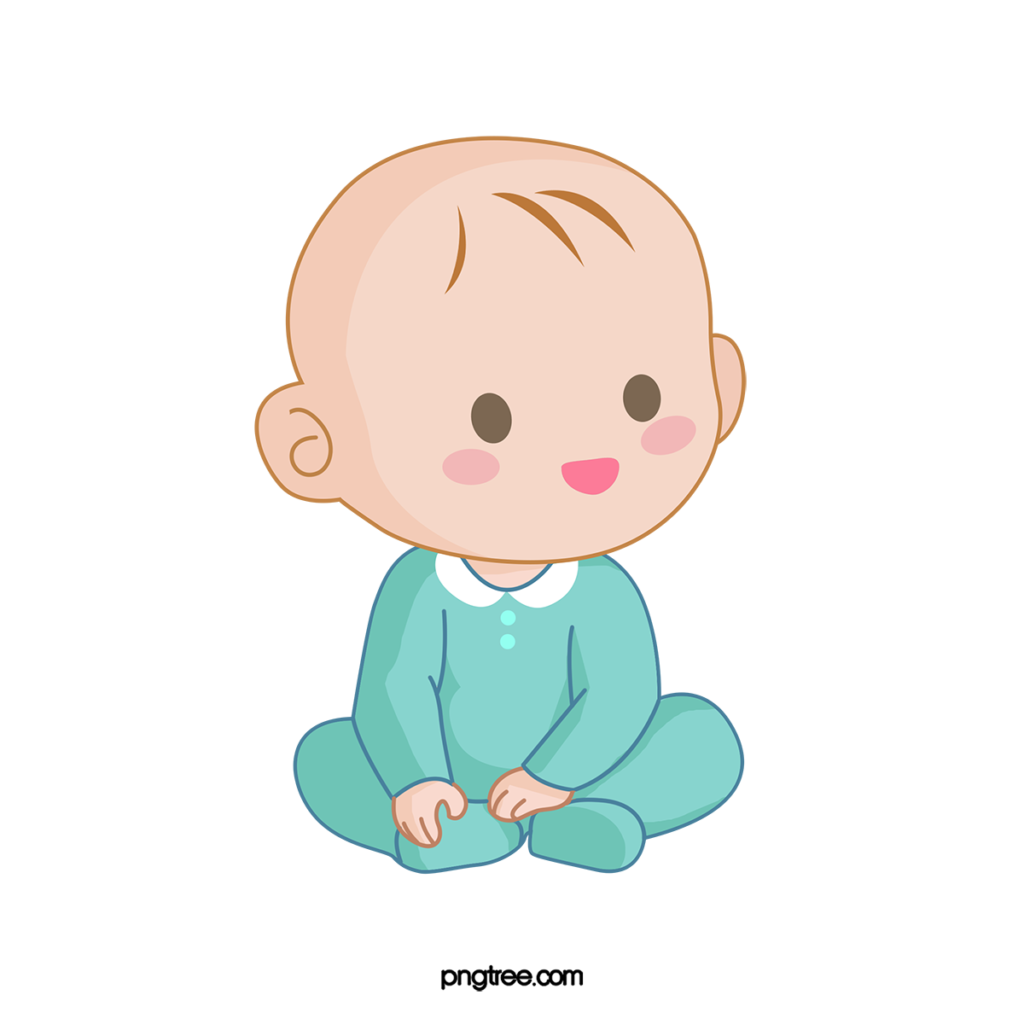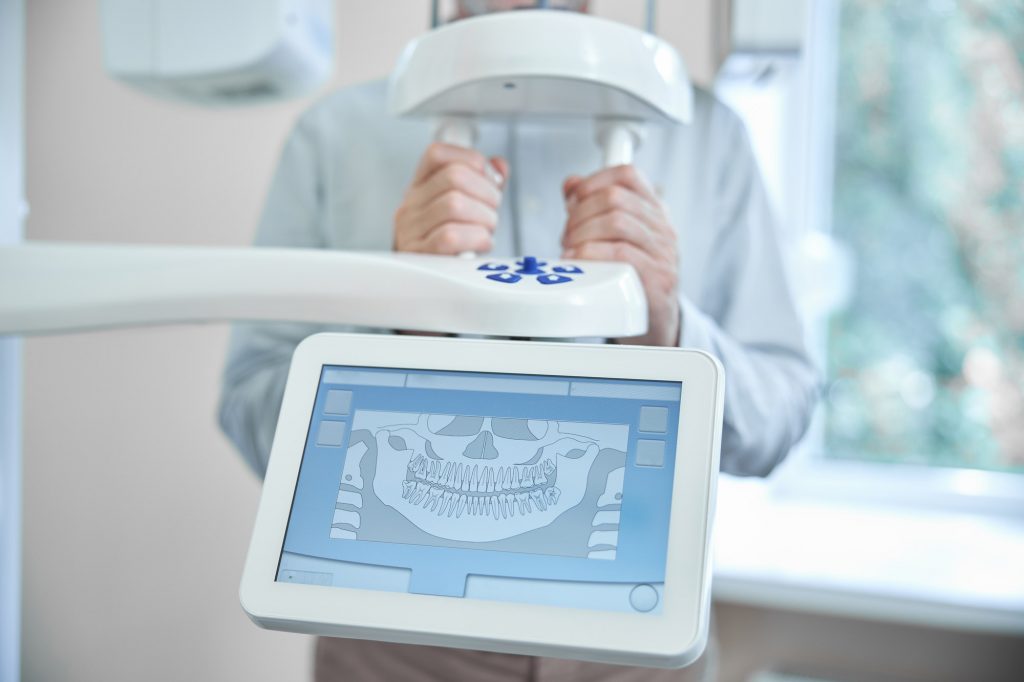Can teething cause fever?
Η dentition is the process where an infant's teeth erupt through the gums. This can lead to various symptoms, mild upset and discomfort. Many parents and carers report that fever is also a sign of teething. However, there is no scientific evidence to support this claim. The fever may coincide with teething, but most likely indicates a separate health issue, such as an infection.
This article explores some of the reasons why teething and fever may occur together. We also describe the symptoms associated with dentition, as well as those that are not related. Finally, we provide advice on the how to soothe tooth discomfort, how to treat a fever and when to see a doctor.
Seattle Children's Hospital (SCH) warns that fever is not a sign of teething, but a symptom of infection. These infections usually occur more often when the child is 6-12 months. This coincides with the age when most children start teething.
There are two main reasons why teething and infections occur at similar times:
–Increased exposure to new pathogens: At 6-12 months of age, the infant sucks and chews on various objects as he explores his world by putting things in his mouth. This exposes them to new pathogens.
–Loss of antibodies: When infants are 6-12 months old, they start to lose antibodies that their mother transfers to them at birth. This means that their immune system has to respond to more infections, such as colds.
To sum up, fever may occur at about the same time as teething. However, fever is a sign of infection, rather than a normal symptom of teething.
Definition of fever
In infants, the definition of fever depends partly on their age and the method used to obtain their temperature. Physicians define fever as follows:
Infants under 3 months old: Fever is temperature 38C and higher.
Older infants and children: Fever is a temperature 38.4C and higher.
Symptoms of teething
Most babies start teething at about 6 months of age. However, some babies can start teething as early as 4 months, while some start teething as early as 12 months. After the first set of teeth has passed, infants will continue to grow new teeth every two months.
Below are some symptoms that babies may experience during teething.
- Pain
Doctors assume that some babies experience mild gum pain while teething. As the tooth erupts from the gum line, it causes a tear in the gums. This gum pain may be due to bacteria entering the newly broken gums. However, as babies cannot specifically express that their gums hurt, experts cannot confirm that teething causes gum pain.
- Clam and irritability
Mild gum pain and discomfort can cause irritability in some babies. In turn, this could lead to an increase in crying. However, teething pain should not cause excessive crying. This amount of crying could signal an infection or other underlying issue.
Symptoms not related to teething
A parent or guardian may mistake certain signs of illness as normal symptoms of teething.
Some symptoms that are not related to teething include:
- vomit
- diarrhea
- extensive rash
- excessive crying
- Lithargos
An infant who displays any of these symptoms is probably malaise. If they have particularly severe symptoms, a parent or guardian should see a doctor as soon as possible.



























